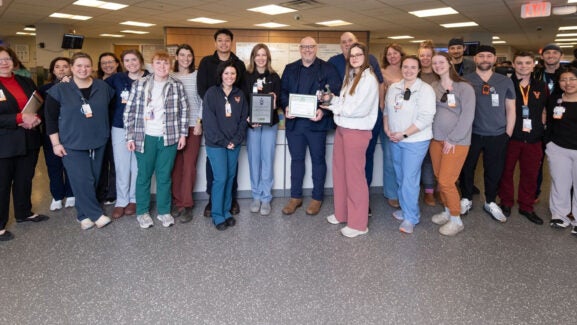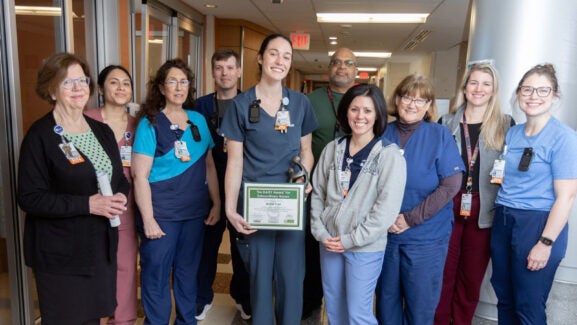
Beware of Coronavirus Scams: How to Spot Them
Health Information Technology (HIT) asks that all team members use extra caution when viewing emails, websites, and social media posts about COVID-19. Hackers have launched large-scale phishing campaigns, malware software, and fake charity scams using COVID-19 as bait.
Phishing is a fraudulent attempt, usually made through email, to steal your personal information. Phishing emails may appear to come from UVA (and may even have a return UVA email address). They may ask for personal information such as your UVA Computing ID & password, birthdate, Social Security number, credit card numbers and/or bank account information.
Tips to spot a phishing email:
- Hover over links and verify the URL before clicking on them. If the address displayed is different than the one listed, do not click on the link.
- Double check the URL by going directly to the company’s website instead of clicking on links within emails.
What you can do:
- Do not open attachments or click on links from senders that you do not recognize.
- Forward suspicious messages to email@hscmail.mcc.virginia.edu or mccsecurity@hscmail.mcc.virginia.edu.
Read more about phishing and see examples on the HIT website. For questions, contact the HIT Helpdesk at 434.924.5334 or helpdesk@hscmail.mcc.virginia.edu.
Latest News



